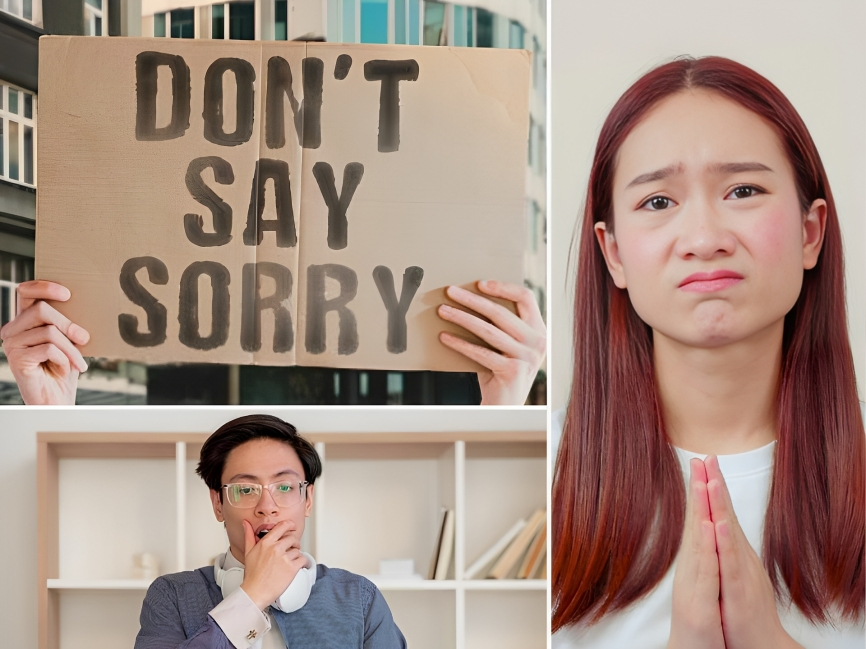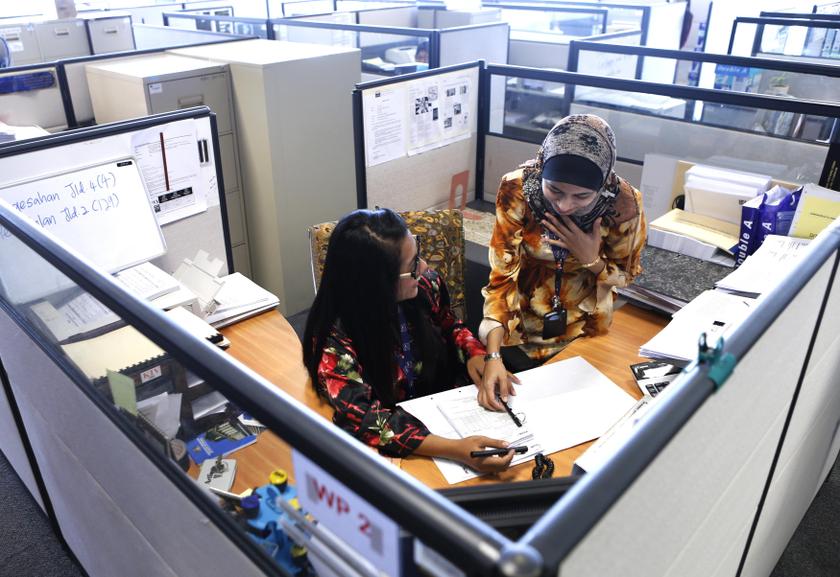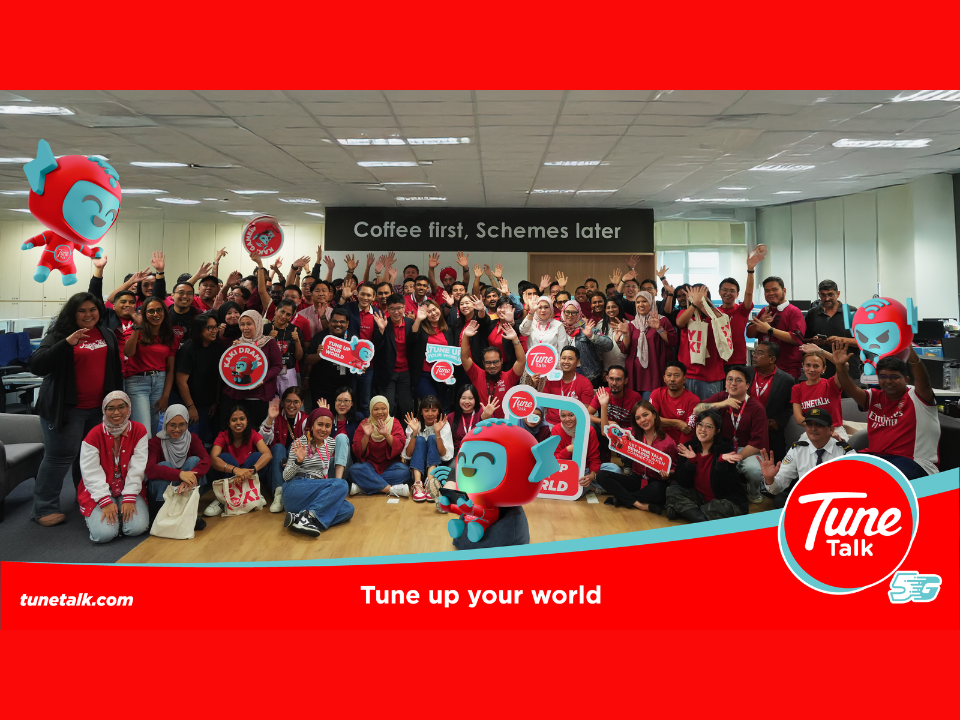
Did you know that there are other ways to say sorry? It is true that being humble is honorary, but when the situation does not call for it, you do not have to apologize. The amount of time you apologize would not do you any good, especially if you know you might repeat it sometime in the future. Instead, say something that includes acknowledging the effort of the other person for putting up with your ‘mistake’.
You Do Not Have To Apologize Every Time
Taylor Swift once said “You are not sorry”, which is correct, unfortunately. Sometimes we say it out of courtesy, not because we are truly sorry. Here are other ways to say sorry to practice!
1. “Sorry, I am late”

Image via Freepik
When you are late, for whatever reason, to a meeting, you could always opt to make puppy dog eyes and apologize to everyone for being late. But as time passes, your cute face technique will lose its power. Instead of pleading sorry, say “Thanks for waiting for me, I appreciate your patience,”. This shows that you are aware that you are occupying people’s time but still making it seem as though you are in control of the situation.
2. “Sorry, I messed up”

Image via Malay Mail
It is simple to over-apologize when it comes to owning up to our faults. However, whereas saying “Sorry, I really messed that up” can make you appear inexperienced, saying something more bold like “Thanks for the info, I’ll be sure to get up-to-speed on that,” shows them that you acknowledge your mistake and are ready to genuinely learn from the experience.
3. “Sorry, I will do better”

Image via Freepik
Usually in a setting where your work is criticized, due to pressure, you tend to apologize. But what is it for? If you put a great effort into trying to complete the work and still manage to make mistakes, it is something that you need to work on. You can say sorry, but not every time. Instead of feeling sorry for yourself after receiving constructive criticism, it is a good idea to thank the person who gave it to you. Try to say, “Thank you for the feedback; I’ll keep it in mind for the future,”.
4. “Sorry to bother you”

Image via Freepik
Additionally, it is pointless to apologize when you know they are in the middle of something but you still need their attention. It feels as though you are interrupting them. However, in a workplace, you are all here to work together. Therefore, instead of pleading sorry (which does not mean that you can’t be sorry, though), you can say something along the lines of, “Is now a good time for a quick question?”. This would immediately make them feel less pressured to attend to your question.
So, when is the right time to say sorry? There is no textbook-written, ‘right time’ for you to say sorry. Just say it when you think you owe the person an apology. Or when you would truly mean it. Saying sorry does not make things better, but appreciating the other person for putting up with you will. Although it may sound like you are people-pleasing, it is a better approach rather than a meaningless sorry.
By not saying sorry, does not mean that you are not sorry. Remember to embrace your mistakes, but don’t dwell too much on it.










